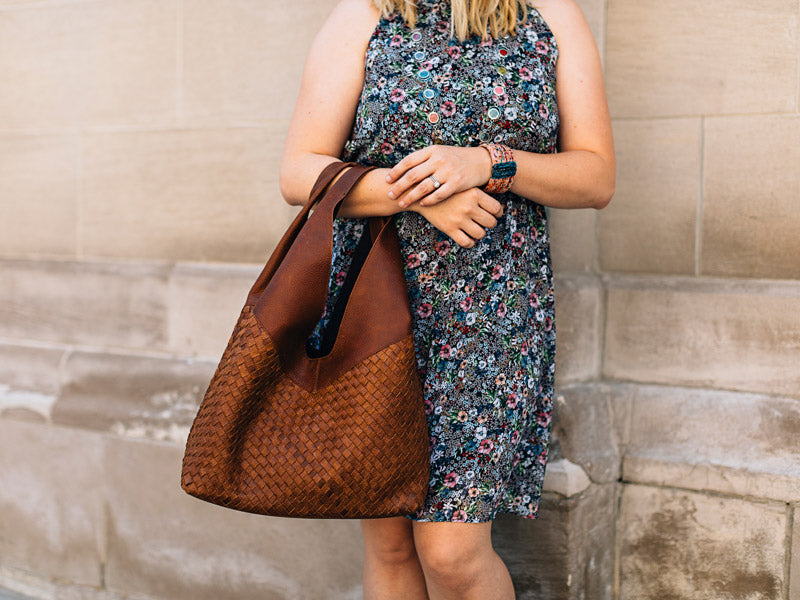
Eco-leather: free of chemicals, full of hope
Leather has been produced in India for centuries, but as the market grew more demanding, more and more producers began to turn away from the old production methods in favor of chemical processes, often involving compounds that are harmful to the environment and to the health of the people involved in the leather production.
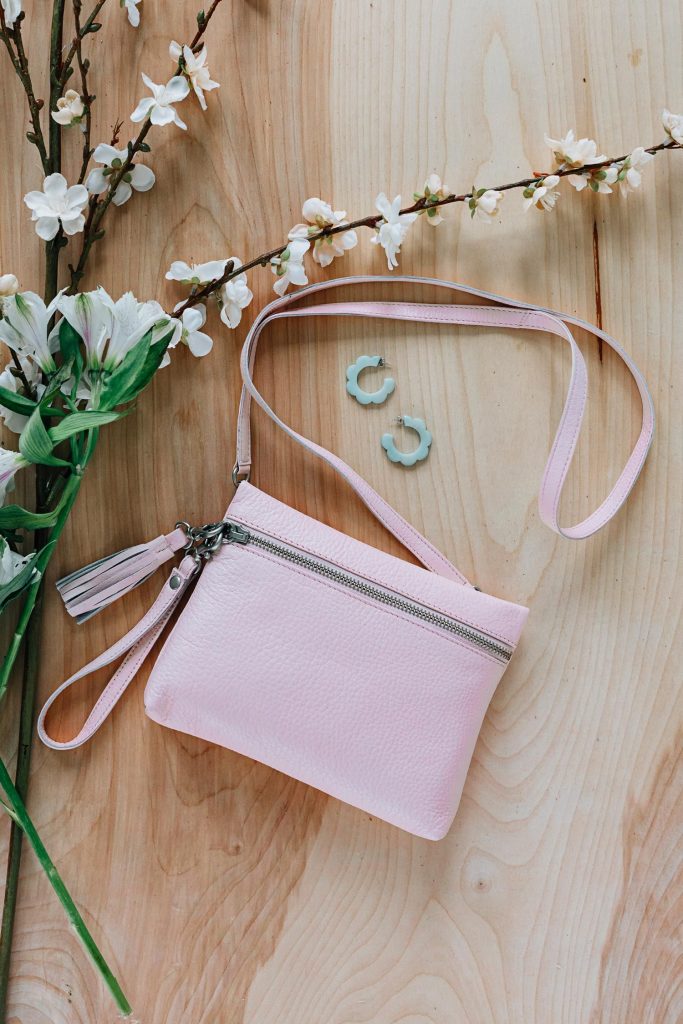
Eco-leather
Eco-leather is crafted without using hazardous chemicals in the tanning process. Instead of azo dyes, formaldehyde and other substances, eco-leather is tanned using materials derived from sustainable tea bark extracts and waxes, the same way it was done in ancient times. But crafting a high-quality and eco-friendly product is only half the battle. Assistance is often needed to market and export these items to the rest of the world. This is where fair trade steps in.
A woman with silver hair sits with her hands around a cup of tea, her eyes smile beneath glasses. Her tunic is smooth and white, with a subtle embroidered pattern that seems to glow against her dark skin. This is Irani Sen, founder of Craft Resource Center (CRC), India. For 45 years, Irani has combined her passion for helping people with business knowledge to bring opportunities and fair wages to makers living in and around Kolkata. But how did this poised and joyful woman arrive where she is today? How did she start a successful fair trade business in a country where women so seldom are able to take leadership roles?

Irani Sen, in her own words:
When I was a very little child, I came from a good family. Each year, in October, my family celebrated a festival, like how you celebrate Christmas. I must have been 4 or 5 years old when I noticed that people from a lower caste were not allowed to eat in the same place as us. And I couldn’t understand that. From that moment, I knew I wanted to bring equality to the world.
Later, I went through a bad time in my life. I was married off—my parents spent a lot of money so that I would have security in my life, but there was no security and I was thrown out of the house. It was important for me to share my experience with other people. So often, when someone faces a hard time, they go in the wrong direction. Our principle has always been that just because I am in a better place now doesn’t mean that I can tell you what’s right for you. You have to find it on your own.
She saw a need for change, so she used her education and intuition to help the people around her.
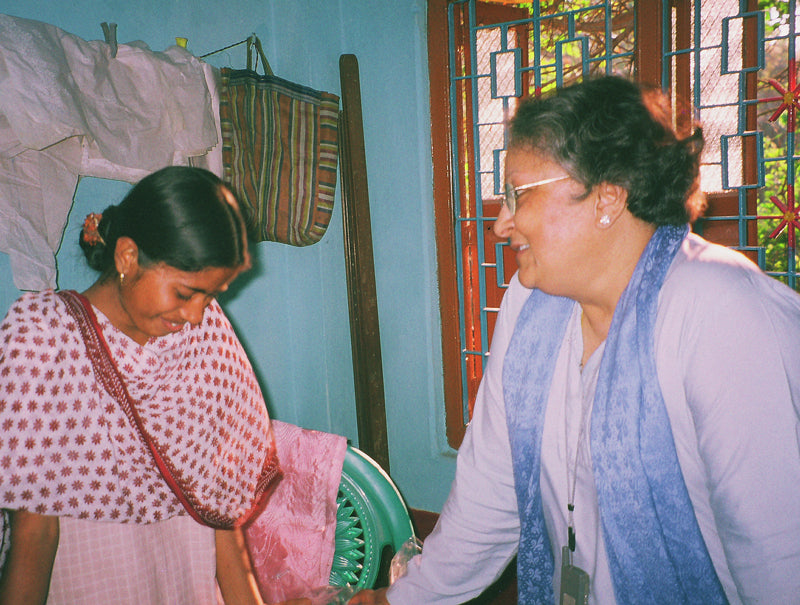
I started out working as a consultant to fair trade organizations. I was given an assignment by a Swiss agency to find a way to create sustainable income for people in India because we knew that donations were not a permanent solution. I saw that every state has a craft, so I thought, “Why don’t we use that craft?” One of these local crafts was leather production.
The combination of passion for helping people and the knowledge of how business should be done is what makes CRC function and sustain itself. I have devoted my life to fair trade and I have no regrets. For 45 years, I have watched CRC grow and I have seen many success stories. The man in charge of eco-leather is an example. His name is Tarun Paul—when we first met him he was so lanky and thin. He didn’t have any skills, but he went with us from tannery to tannery and slowly, slowly he learned and thought of new ways of doing things that were better for the environment. If you see him now, he understands English and his business provides work for 200 families. That is one of our great success stories.
Today, Tarun Paul is the CEO of Allied Craft Producers (ACP).
With the support of Irani, he saw the potential to return to the old methods of leather production, and started working with CRC in 1989.
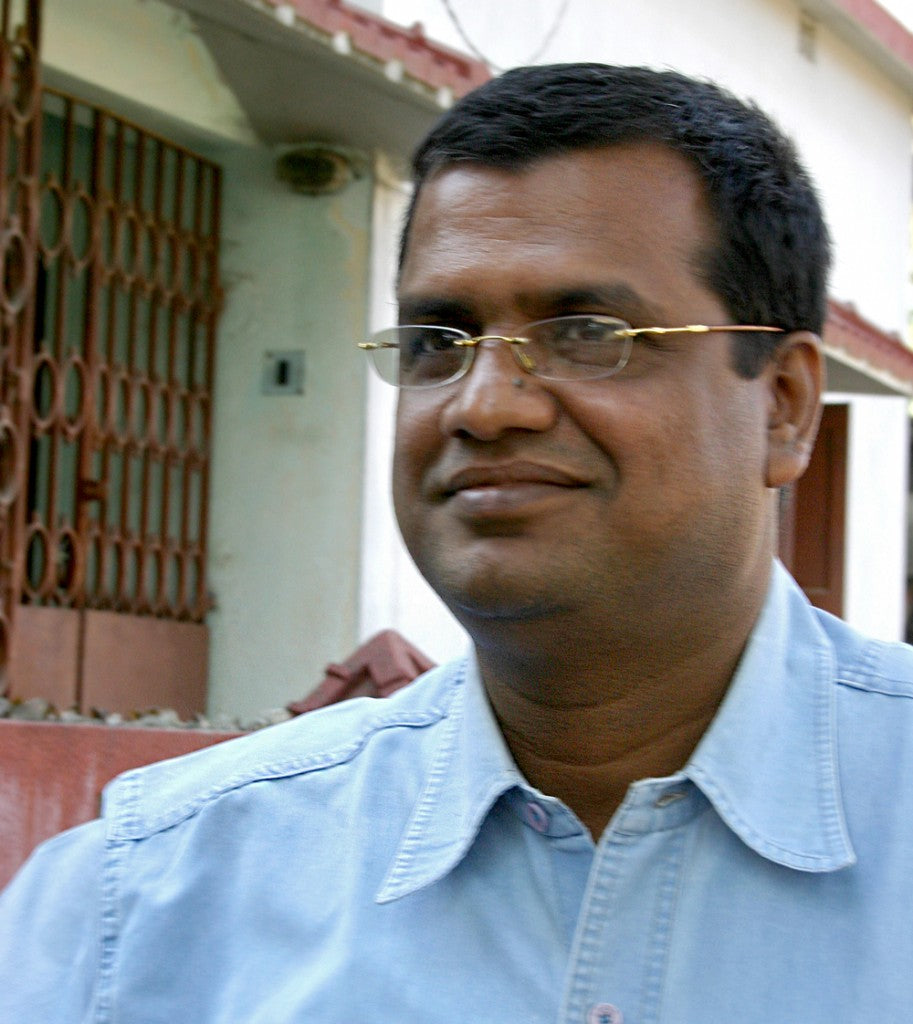
He feels it is important to educate all of his staff about the principles of fair trade because these principles help them to better know their human rights and to feel empowered. Education is also a big part of their organization. As a school dropout himself, Tarun knows that academic education is not the only form of knowledge and that life skills are just as valuable. So he works with uneducated people, teaching them about eco-leather. ACP has also set up a financial assistance program to help makers cover the cost of sending their children to school, so that they can learn new skills and get better jobs for their future.
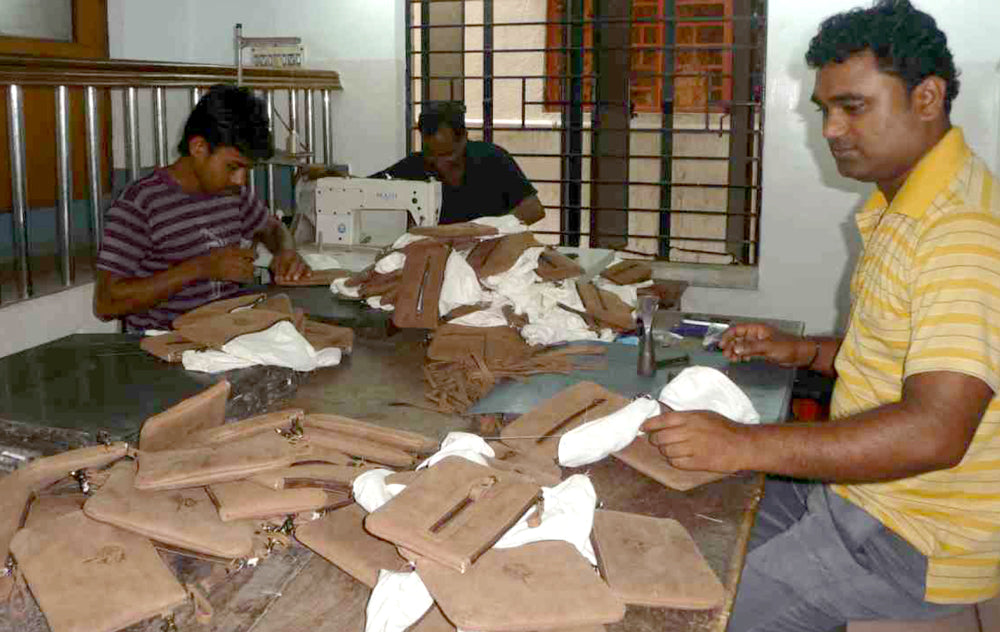
One such example of a man who hopes to provide a better life for his children is Mr. Ajit Maitra, Shop Keeper at ACP. His 25-year-old son is on the third year of his bachelor’s degree. ACP helps pay for studies. Ajit is proud of his son for pursuing an education and he is thankful to ACP for supporting this goal.
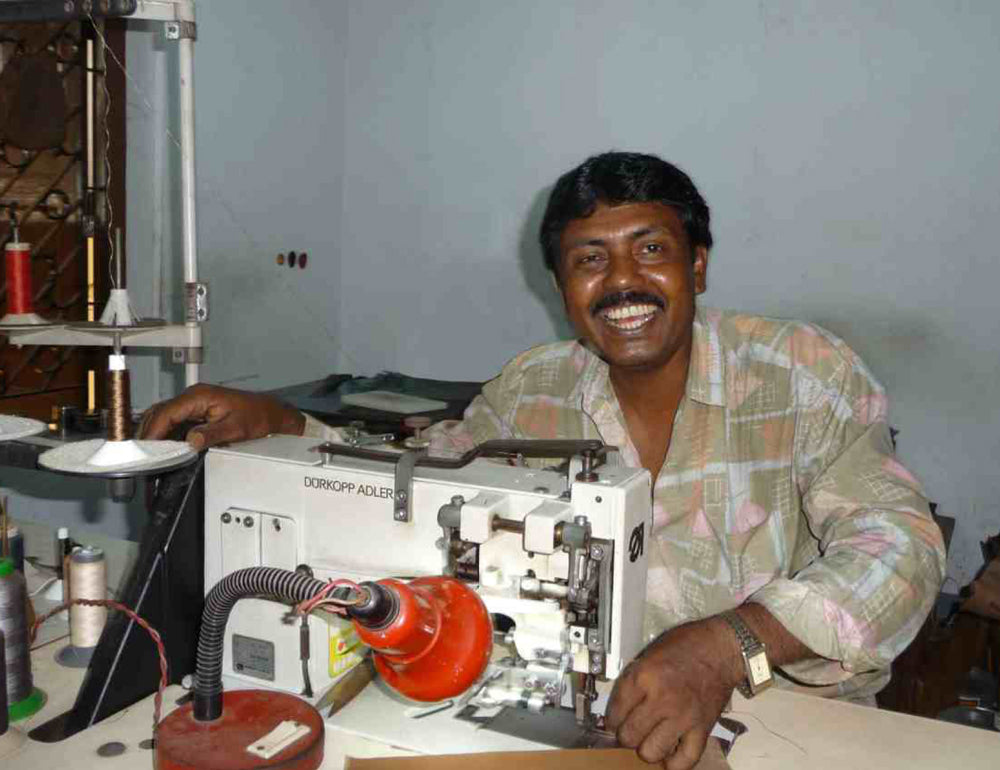
Good deeds are contagious.
It all starts with one person’s vision of a better world, and through learning and sharing, common visions will come together. Add a healthy dose of determination, and that’s what makes change possible. Irani Sen, Tarun Paul, and Ajit Miatra each represent a link in this chain reaction of success. They’ve all worked hard to reach their goals and have chosen to use their knowledge to better their environment and their community. Clearly, there is more to eco-leather than just a fashion statement.
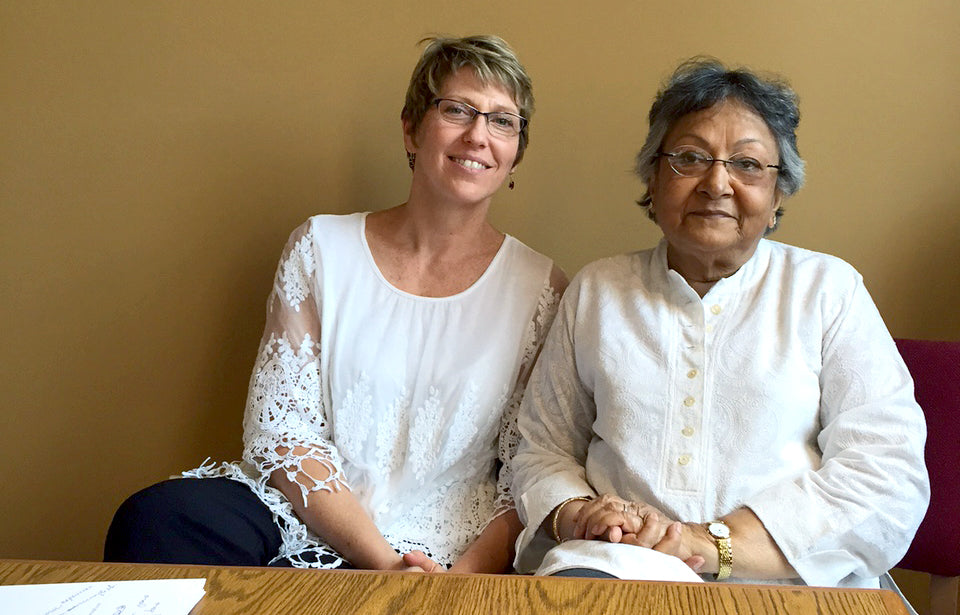



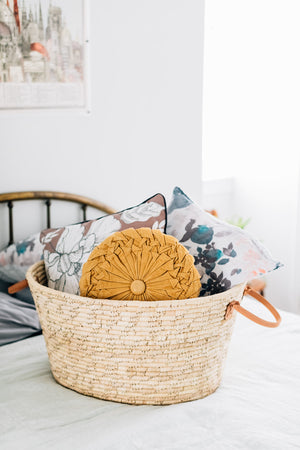
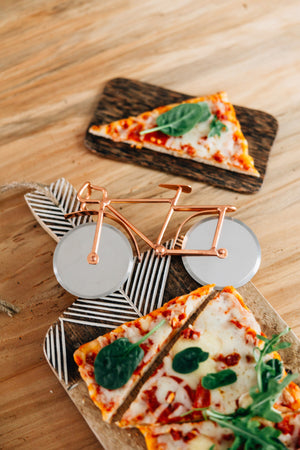
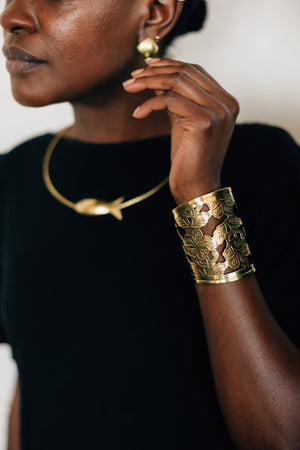
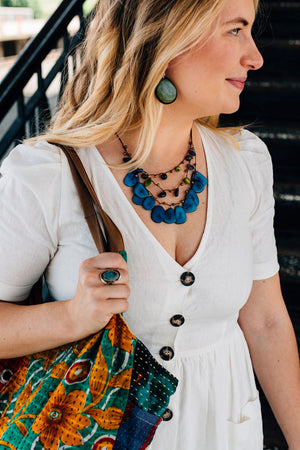
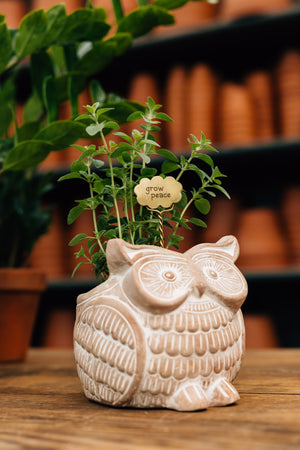
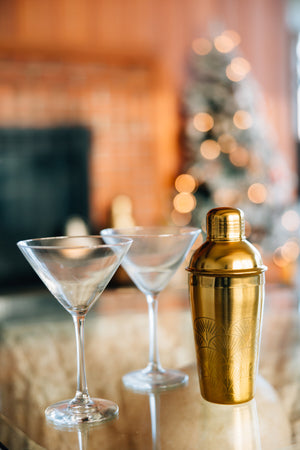
Leave a comment